Crossing the ocean without GPS—NSYSU invites international grand master navigator to share traditional wisdom
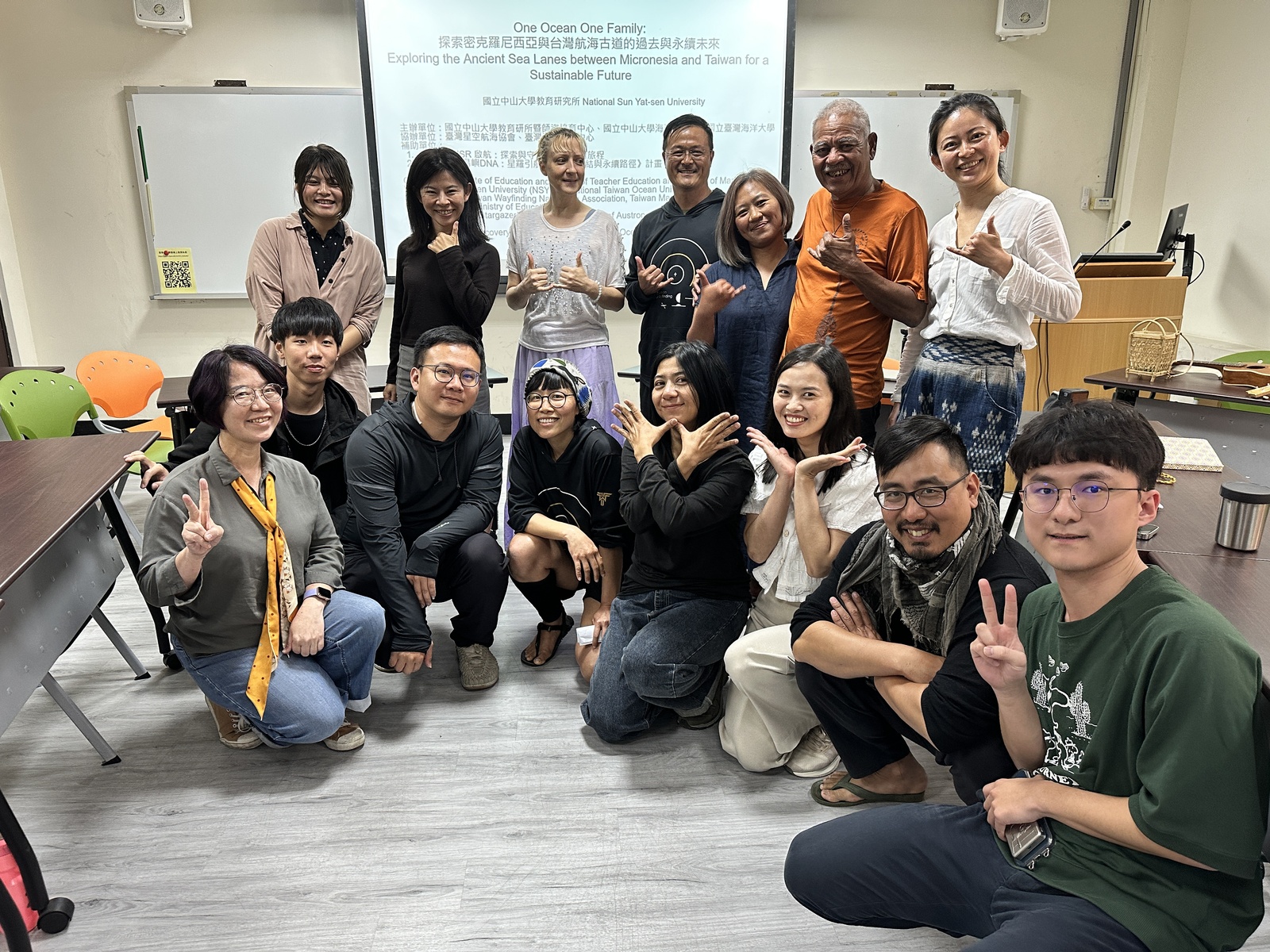
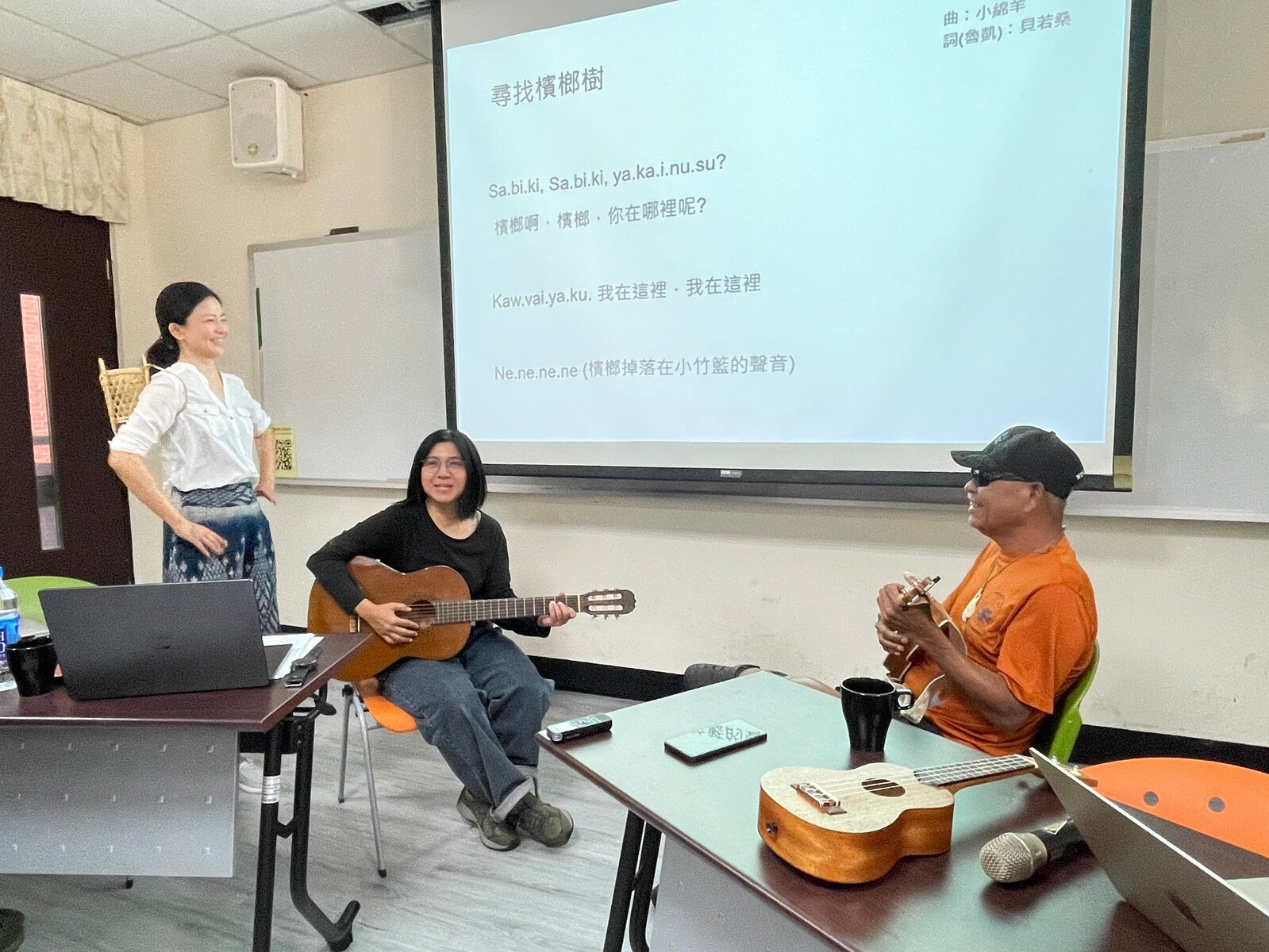
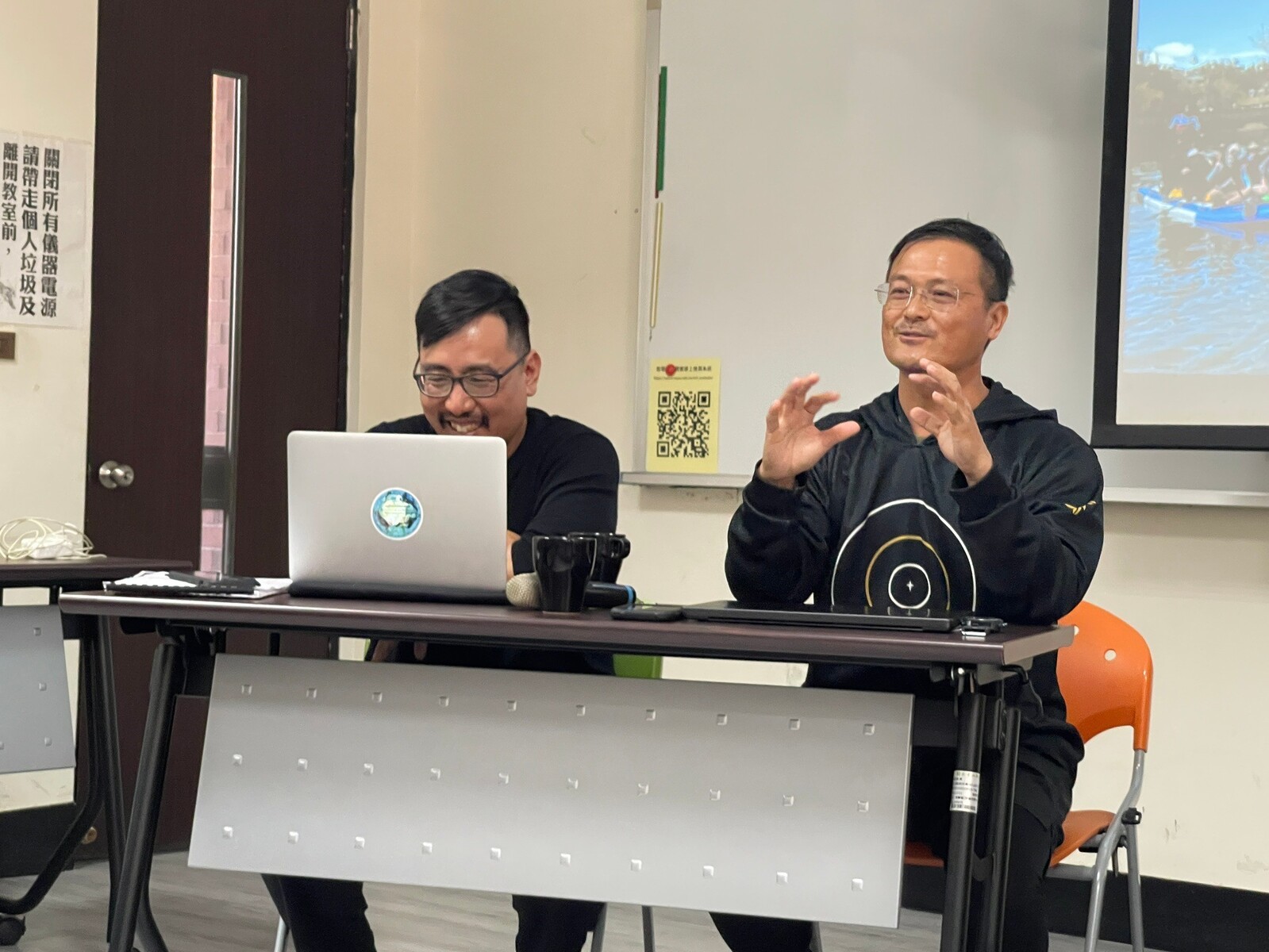
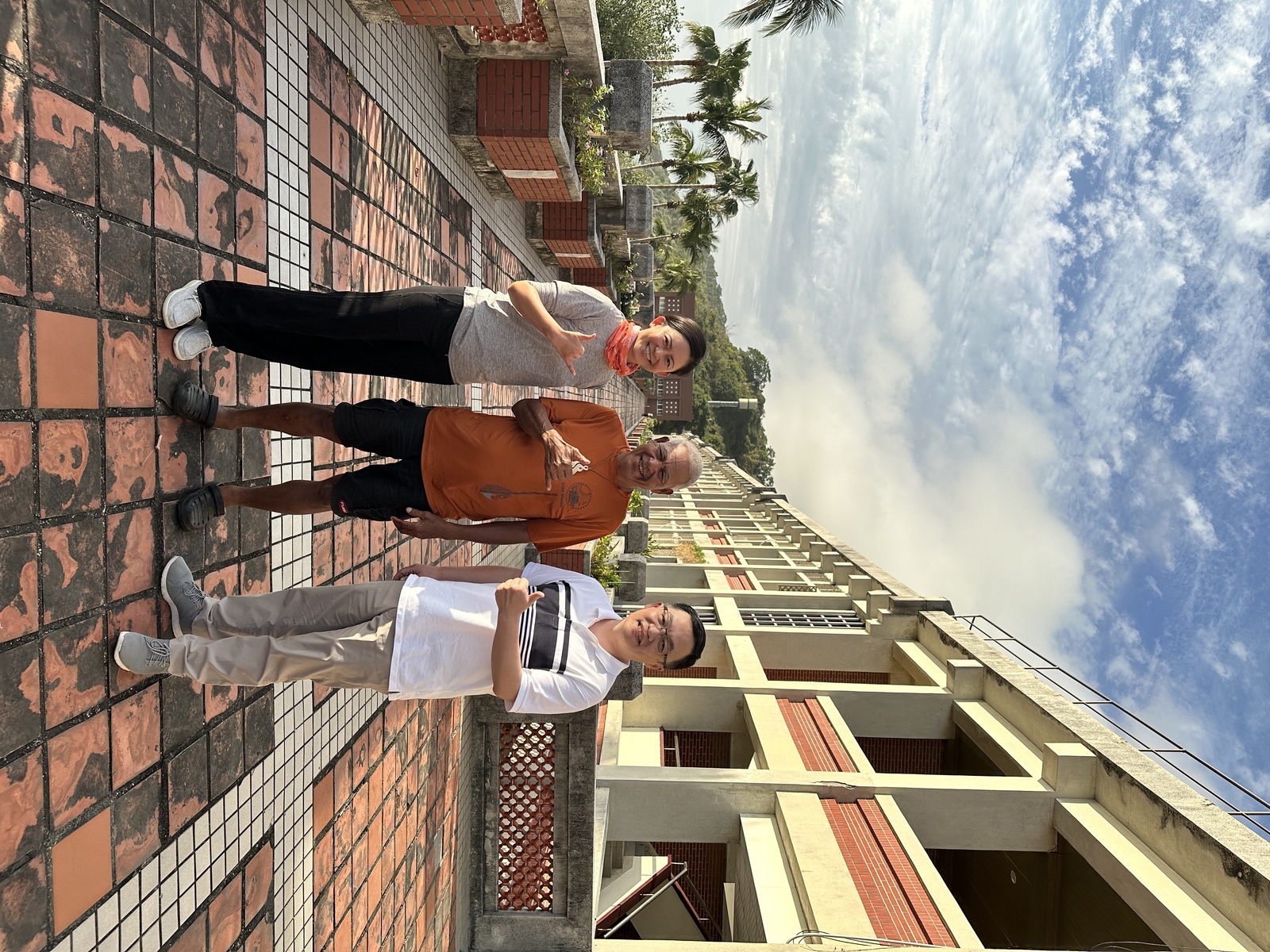
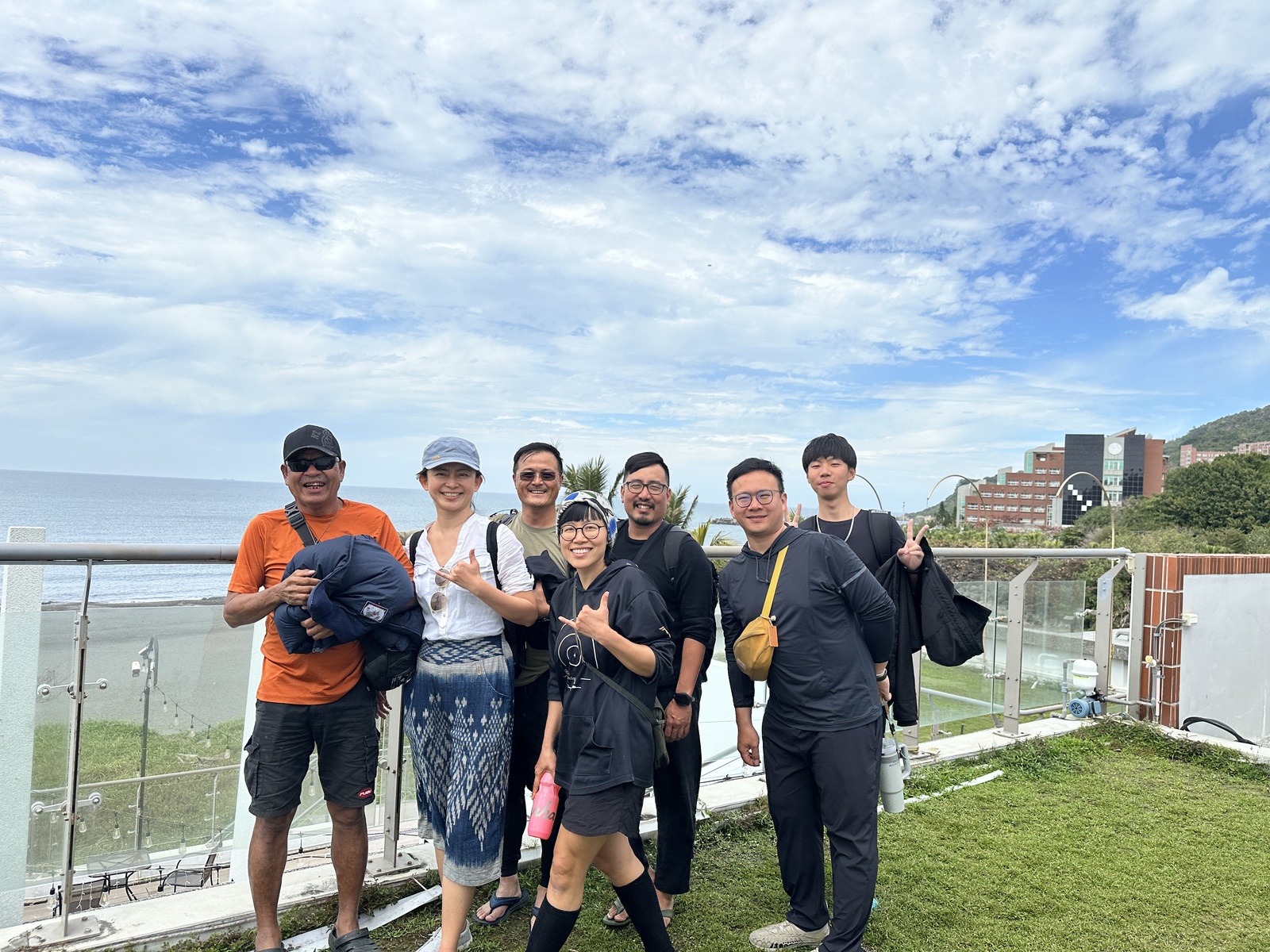
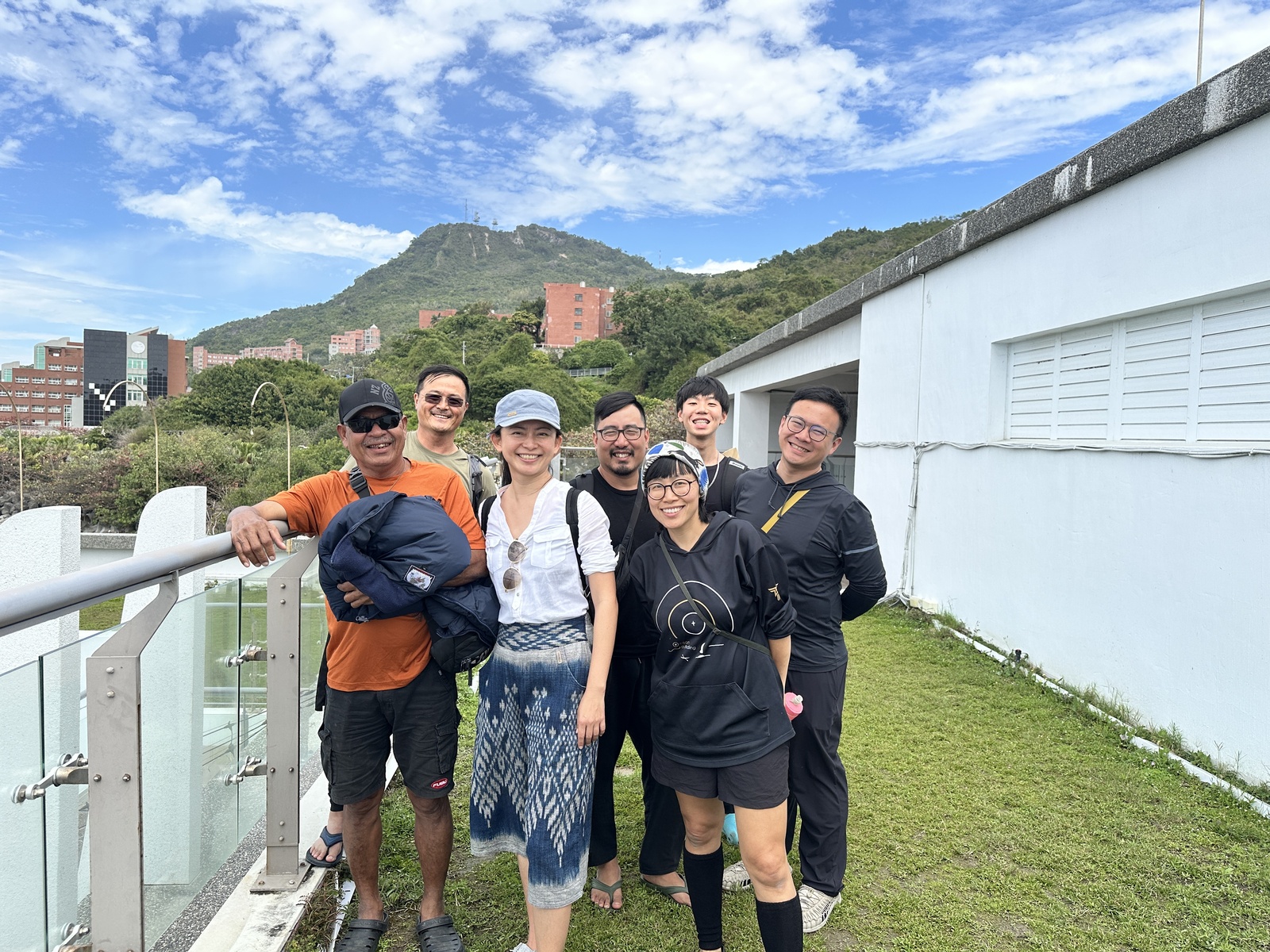
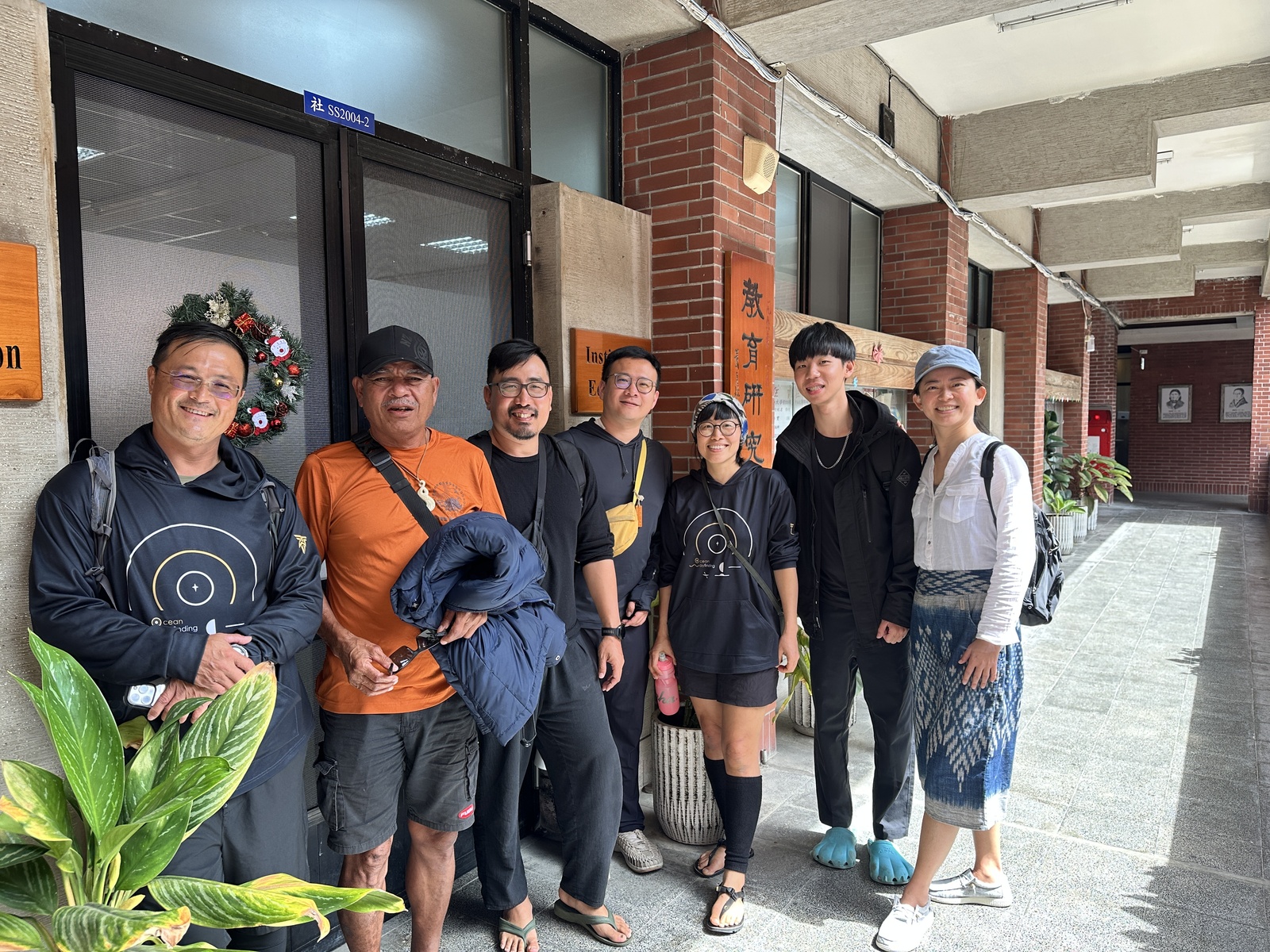
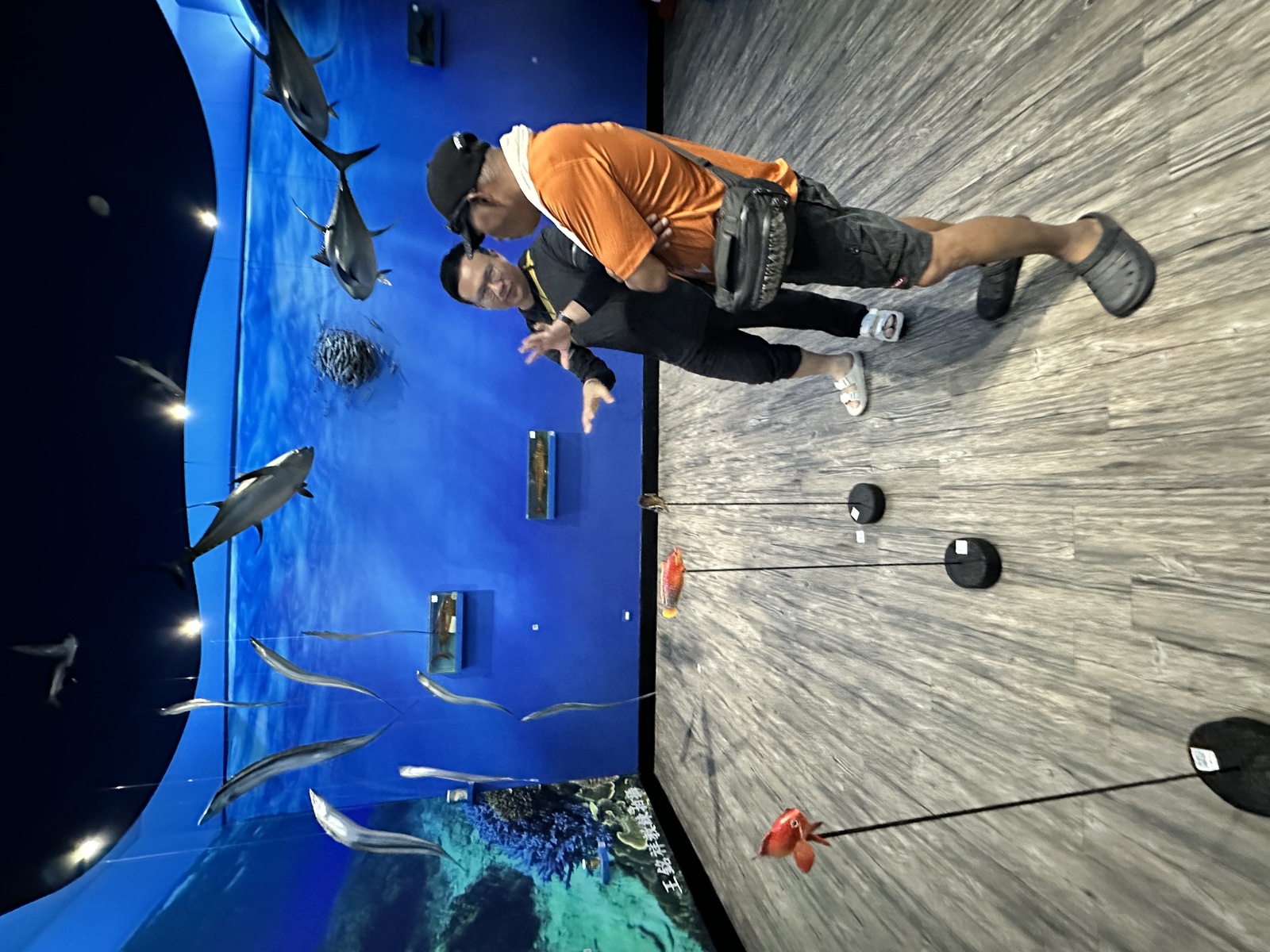
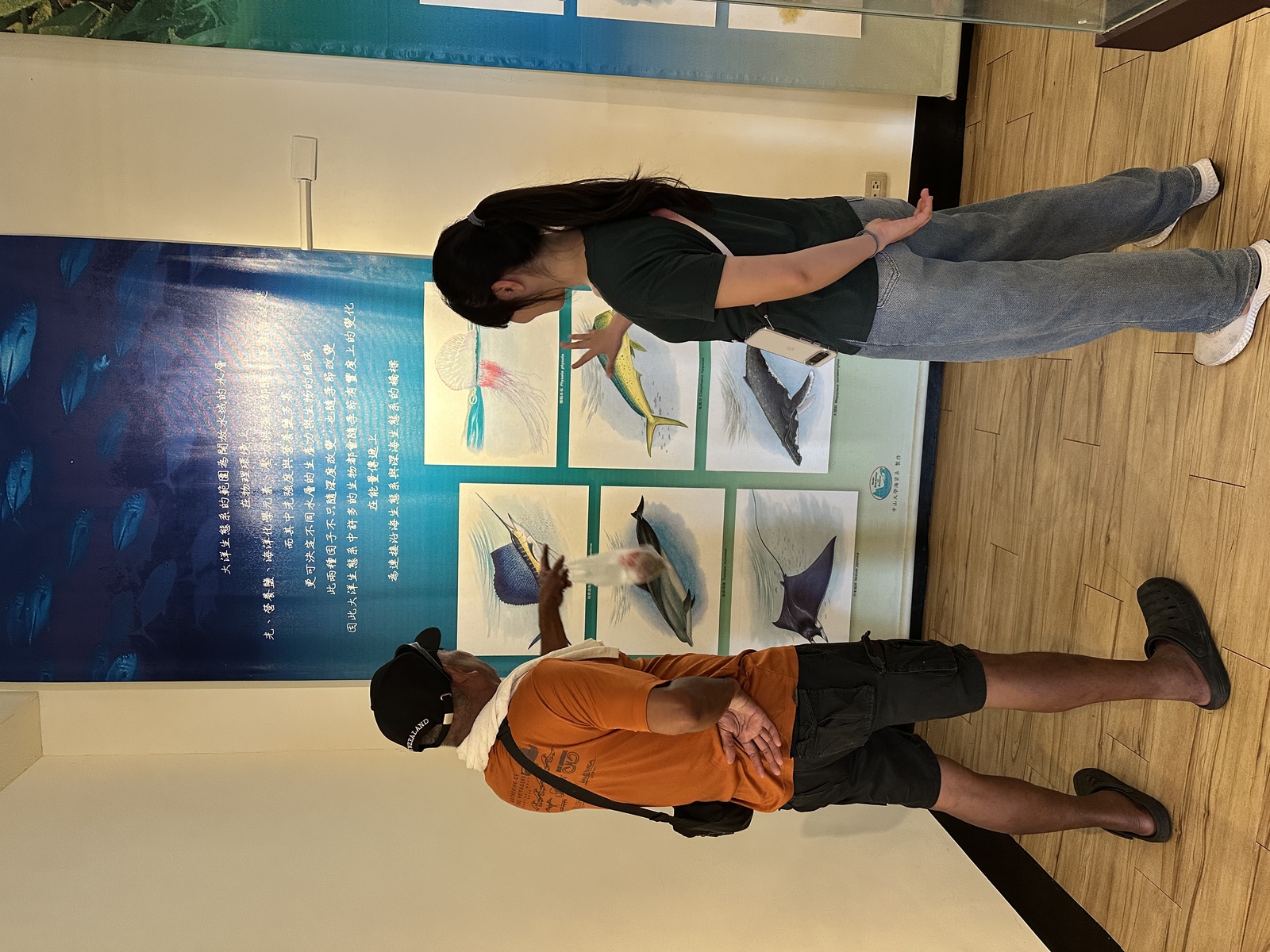
2025-03-21
The film Moana features Maui and Moana navigating the seas using traditional natural techniques without GPS, and this is possible in real life too! The Institute of Education and the College of Marine Sciences at National Sun Yat-sen University (NSYSU) invited internationally renowned traditional navigation master Sesario Sewralur to give a lecture titled "One Ocean One Family: Exploring the Ancient Sea Lanes between Micronesia and Taiwan for a Sustainable Future" He shared how traditional navigational knowledge enables navigators to cross vast oceans solely by observing nature, without relying on modern navigation systems.
The organizers stated that Sesario Sewralur was born on Satawal Atoll in Micronesia. From a young age, under the guidance of his father, he learned to freely navigate the vast ocean. Without the aid of modern navigational instruments or GPS, he successfully crossed oceans multiple times by relying solely on his keen observations of celestial bodies, ocean currents, and wind patterns, showcasing his profound expertise in traditional navigation. His homeland is connected by an ancient maritime route called "Aeting," meaning "fishing net." This route extends from Micronesia westward to Japan, Taiwan, and the Philippines, resembling a vast fishing net that weaves a close connection among the island communities.
Sesario Sewralur pointed out that in the Caroline Islands' languages, the word for "canoe" (Wa) means "blood vessel." Beyond being just a means of transportation, the canoe symbolizes the vital link between cultures and peoples. In the past, the Pacific Ocean was not restricted by political and geographical boundaries, allowing seamless resource exchanges between islands. However, modern-day political divisions require extensive paperwork and approval for cross-border voyages, imposing numerous restrictions. Despite these challenges, only by preserving and passing on traditional navigational knowledge can people maintain a harmonious and interconnected relationship with the ocean for future generations.
Professor Paichi Pat Shein, Director of the Institute of Education at NSYSU, expressed deep admiration for Sesario Sewralur's efforts in preserving and protecting the art of celestial navigation. Traditional navigation relies on interpreting natural signs, requiring not only an understanding of celestial movements, ocean patterns, and wind directions but also a deep connection with nature. These skills are relatively unfamiliar to Taiwan's younger generation. "Preserving culture is no easy task. Passing on the valuable heritage of traditional navigation requires courage to face the challenges of revitalization," she remarked.
Sesario Sewralur also visited the university's Marine Sports Center and College of Marine Sciences. He recognized NSYSU's unique geographical advantage in providing students and researchers with an exceptional learning and practice environment. This setting fosters marine science research and water sports development, while also allowing people to connect with the ocean, cultivating a sense of respect and responsibility for marine conservation. He expects that by revitalizing ancient maritime routes and demonstrating traditional navigational techniques, cultural exchanges among island communities will flourish, enabling more people to appreciate the wisdom and heritage of traditional seafaring and deepen humanity's relationship with the ocean.
To welcome Sesario Sewralur, students performed a special adaptation of a song centered on betel nut, incorporating both Rukai and Caroline Islands' languages to express their utmost respect for the master navigator. In many Indigenous communities, betel nut is an essential offering representing rituals and spiritual connections. By using it as a symbol of welcome and pairing it with simple melody and lyrics, the students created a warm and culturally enriched atmosphere.
This lecture was part of NSYSU's USR Project titled "Voyage of Discovery:An Educational Journey of Ocean Exploration and Conservation." It was also a collaborative initiative under Professor Paichi Pat Shein's Ministry of Education project, "Island DNA: Stargazer's Wayfinding in Pursuit of Austronesian Connections and Sustainable Pathways." The event also featured discussions with Associate Professor Chen Chien-Wen from National Taiwan Ocean University and Li Hou-Tsung, Chairman of the Taiwan Ocean Wayfinding Association, promoting celestial navigation knowledge.
